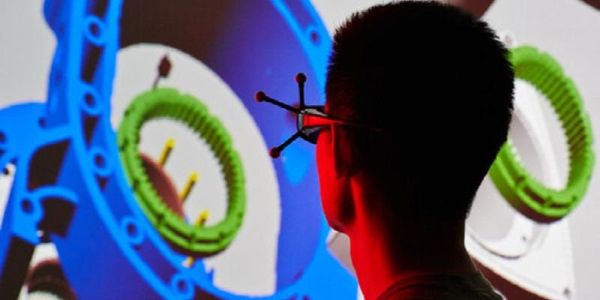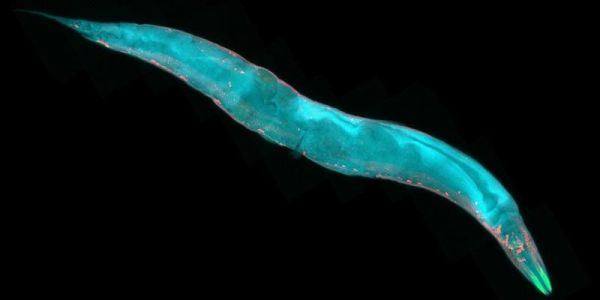
Top honour for engineering’s ‘best of the best’
An academic who has led research into the way the virus responsible for COVID-19 spreads in buildings and enclosed spaces has been honoured by the Royal Academy of Engineering.

An academic who has led research into the way the virus responsible for COVID-19 spreads in buildings and enclosed spaces has been honoured by the Royal Academy of Engineering.

A centre to support the development of health technology has been launched by the University in partnership with Leeds Teaching Hospitals NHS Trust.

Researchers across the University are preparing to showcase their digital expertise as part of a packed programme for the largest tech event in the UK.

Leading scientists say the UK risks being overtaken as a world leader in a key area of science and technology unless there is greater investment in research facilities and training.

Analysis of unique "fingerprints" in light emitted from material surrounding young stars has revealed “significant reservoirs” of large organic molecules necessary to form the basis of life.

Leading figures in the fashion and textile industry have welcomed the launch of Leeds Institute of Textiles and Colour (LITAC) today.

Neuroscientists have developed a computer model to explain how a nematode worm searches for food, revealing that single brain cells can both sense the environment and control foraging strategy.

The world-renowned Leeds International Piano Competition (LIPC) has defied challenges posed by the pandemic to deliver its biggest-ever competition, with the Piano Trail launching tomorrow (Saturday).

A simple electrical fan is the key component of a low-cost, easy-to-use breathing-support device designed to cope with the surge in COVID-19 cases in low to middle income countries.

The Royal Society - the UK’s leading scientific academy - has awarded its prestigious Clifford Patterson Medal and Lecture to an academic who had to cut short her career after becoming terminally ill.